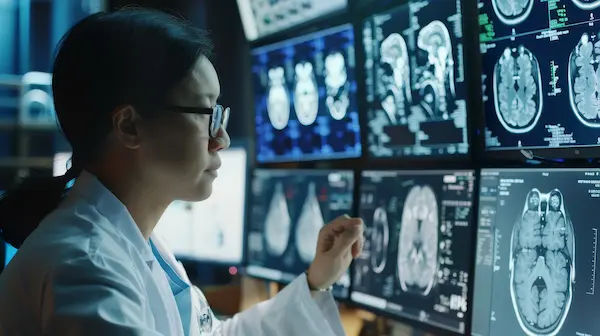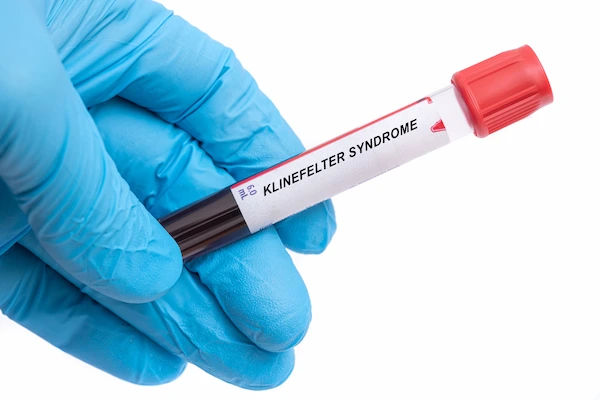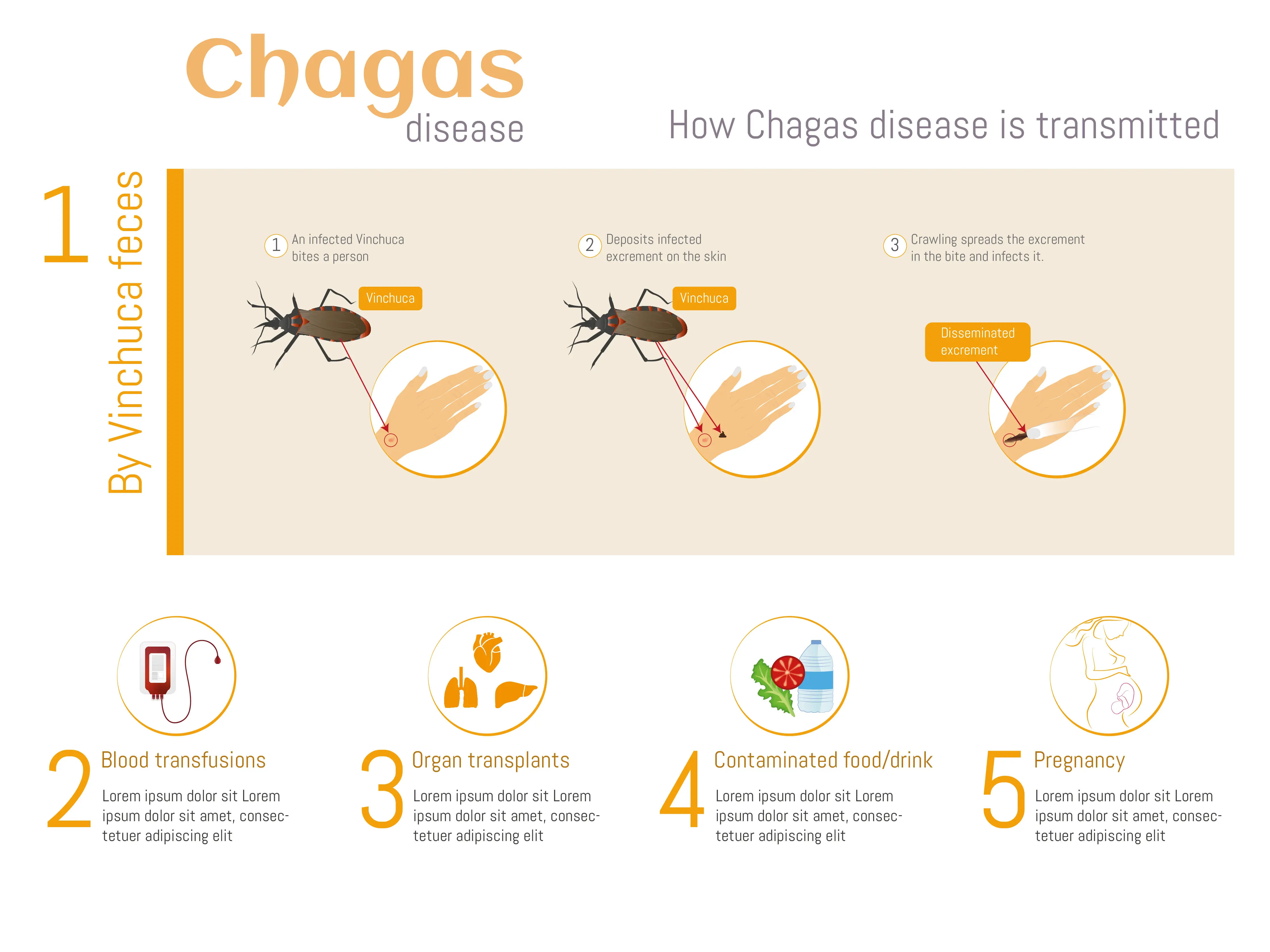Marasmus Overview: Symptoms, Causes, and Care
Marasmus is a severe form of malnutrition affecting infants and young children, leading to extreme weight loss and weakness. Learn about its symptoms, underlying causes, and essential care strategies for recovery.

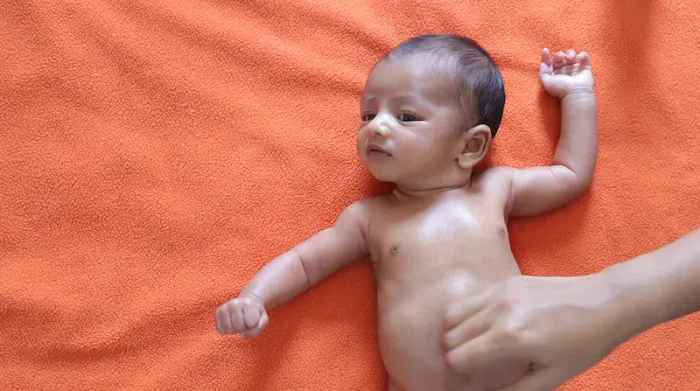
Marasmus is a severe form of malnutrition that occurs when the body doesn’t get enough calories, proteins, and essential nutrients for a long time. It mostly affects young children in developing countries but can also occur in adults under extreme conditions. Unlike other malnutrition-related conditions, marasmus leads to extreme weight loss, muscle wasting, and weakness.
This condition is dangerous because it weakens the immune system, making the body vulnerable to infections. If left untreated, it can lead to serious health complications or even death. The good news is that marasmus can be treated and prevented with proper nutrition and medical care.
Symptoms of Marasmus
Recognising the signs of marasmus early can help in getting timely treatment. Common symptoms include:
• Severe weight loss: The body looks extremely thin, with visible bones and little muscle or fat.
• Muscle wasting: Arms and legs appear very thin due to loss of muscle tissue.
• Fatigue and weakness: Lack of energy, making even small tasks difficult.
• Dry, loose skin: Skin becomes wrinkled and lacks elasticity.
• Stunted growth (in children): Poor nutrition affects height and development.
• Frequent infections: Weak immune system leads to repeated illnesses.
• Irritability or apathy: Children may become unusually fussy or inactive.
If you or someone you know shows these signs, it’s important to seek medical help immediately.
Consult Top Specialists
Causes of Marasmus
Marasmus is primarily caused by a severe lack of food, especially proteins and calories. Some key causes include:
• Chronic hunger: Not getting enough food for a long time.
• Poverty: Families unable to afford nutritious meals.
• Poor breastfeeding practices: Infants not getting enough breast milk or proper weaning foods.
• Digestive disorders: Conditions like celiac disease or chronic diarrhoea that prevent nutrient absorption.
• Lack of awareness: Not knowing the right foods needed for proper growth.
In some cases, marasmus can also develop due to neglect, food shortages, or illnesses that increase the body’s nutritional needs.
How Marasmus Affects Health?
Marasmus doesn’t just cause weight loss—it affects the entire body:
• Weak immune system: Makes infections like pneumonia and diarrhoea more dangerous.
• Organ damage: The heart, liver, and kidneys may weaken over time.
• Developmental delays: In children, it can lead to learning difficulties and stunted growth.
• Life-threatening complications: Severe cases can lead to shock, organ failure, or death.
Early treatment is crucial to reverse these effects and restore health.
Treatment and Recovery
Treating marasmus requires a combination of medical care and nutritional rehabilitation. Here’s how it’s managed:
1. Medical Treatment
• Hospitalisation (in severe cases): Patients may need IV fluids and electrolyte balance correction.
• Therapeutic foods: Special high-calorie, protein-rich foods like fortified milk or ready-to-use therapeutic food (RUTF).
• Treating infections: Antibiotics or other medications if infections are present.
2. Nutritional Rehabilitation
• Gradual refeeding: Starting with small, frequent meals to avoid overwhelming the digestive system.
• Balanced diet: Including proteins (milk, eggs, lentils), carbohydrates (rice, wheat), and healthy fats (nuts, oils).
• Vitamin and mineral supplements: Especially iron, zinc, and vitamin A to boost recovery.
3. Long-Term Care
• Regular follow-ups: Monitoring weight gain and overall health.
• Parental education: Teaching caregivers about proper nutrition and feeding practices.
Preventing Marasmus
Prevention is always better than cure. Here’s how to reduce the risk:
• Exclusive breastfeeding: For the first six months of a baby’s life.
• Nutritious weaning foods: Introducing soft, protein-rich foods like mashed lentils, eggs, and bananas after six months.
• Balanced family meals: Ensuring everyone gets enough proteins, carbs, and vitamins.
• Community support: Food aid programs and nutrition education in high-risk areas.
When to See a Doctor?
If you notice signs of severe malnutrition—such as extreme thinness, weakness, or frequent illnesses—consult a doctor immediately. Early intervention can save lives.
For expert guidance, you can book a consultation with a nutritionist or paediatrician on Apollo 24|7. They can help with personalised diet plans and medical care.
Conclusion
Marasmus is a serious but preventable condition. With proper nutrition, awareness, and timely medical care, recovery is possible. If you or someone you know is at risk, take action today—good health starts with the right food and care.
Consult Top Specialists
Consult Top Specialists

Dr. Mohamed Azeem
General Physician/ Internal Medicine Specialist
2 Years • MBBS,MD(Internal Medicine) CCEBDM
Karaikudi
Apollo Hospitals Karaikudi, Karaikudi

Dr. D Bhanu Prakash
General Practitioner
10 Years • MBBS, AFIH, Advanced certificate in critical care medicine, Fellowship in critical care medicine
Hyderabad
Apollo 24|7 Clinic, Hyderabad

Dr. M L Ezhilarasan
General Practitioner
6 Years • MBBS
Visakhapatnam
Apollo 24|7 Clinic - Andhra Pradesh, Visakhapatnam
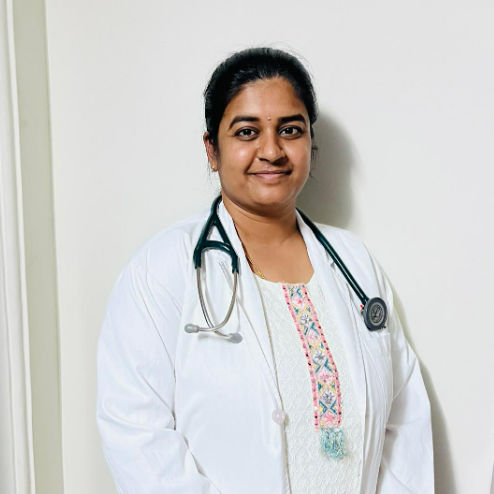
Dr. Rohinipriyanka Reddy
General Practitioner
9 Years • MBBS
Hyderabad
Apollo 24|7 Clinic, Hyderabad

Dr. Rajib Ghose
General Physician/ Internal Medicine Specialist
25 Years • MBBS
East Midnapore
VIVEKANANDA SEBA SADAN, East Midnapore
Consult Top Specialists

Dr. Mohamed Azeem
General Physician/ Internal Medicine Specialist
2 Years • MBBS,MD(Internal Medicine) CCEBDM
Karaikudi
Apollo Hospitals Karaikudi, Karaikudi

Dr. D Bhanu Prakash
General Practitioner
10 Years • MBBS, AFIH, Advanced certificate in critical care medicine, Fellowship in critical care medicine
Hyderabad
Apollo 24|7 Clinic, Hyderabad

Dr. M L Ezhilarasan
General Practitioner
6 Years • MBBS
Visakhapatnam
Apollo 24|7 Clinic - Andhra Pradesh, Visakhapatnam

Dr. Rohinipriyanka Reddy
General Practitioner
9 Years • MBBS
Hyderabad
Apollo 24|7 Clinic, Hyderabad

Dr. Rajib Ghose
General Physician/ Internal Medicine Specialist
25 Years • MBBS
East Midnapore
VIVEKANANDA SEBA SADAN, East Midnapore

